On-the-job errors, lost productivity, and high turnover rates are just some of the issues that arise when technicians aren’t trained properly, and they all come with a cost. Even minor mistakes can snowball into costly rework, wasted materials, and potential injuries.
Skipping technical training may save time and money in the short term, but it can lead to a wide range of hidden costs that negatively impact your team’s performance, safety, efficiency, and long-term profitability. By investing in proper training, you are creating an opportunity for your employees to enhance their expertise, maintain safety standards, and exceed expectations.
The Immediate Costs of Skipping Training
Training provides your team with the knowledge and skills they need to perform their tasks accurately. Without it, potential issues could arise, including:
- On-the-Job Errors: Untrained technicians are more likely to make errors, which can immediately affect productivity, quality, and performance. These errors can delay projects, lead to more downtime, and increase costs.
- Inefficiencies: Technology in many trades is evolving rapidly, and your employees need to keep up with new equipment, tools, and repair techniques to maximize their efficiency. Skilled trades are making a comeback, and ongoing training is essential for ensuring employees stay current on new technologies and tackle their responsibilities.
- Injuries: Training reinforces safe work habits to minimize the risk of accidents or injuries. Keeping employees safe is the right thing to do and it makes good business sense. Injured employees will need medical attention, which translates into higher insurance premiums, compensation claims, and time away from work. The National Safety Council estimates that the total cost of work injuries can reach more than $165 billion per year.
- Equipment Damage and Downtime: Many jobs in the skilled trades involve working with specialized, and possibly expensive, machinery, tools and technology. When employees skip training, they are less likely to understand how to use or maintain this equipment correctly, reducing the lifespan of valuable assets. A lack of training can also lead to damages from improper use or delays in completing repairs, increasing downtime.
Long-Term Hidden Costs
While costs associated with downtime, rework, and on-the-job injuries are immediately visible, others add up over time, especially when it comes to the long-term impact of decreased employee productivity. These include:
- Decreased Utilization: Employees trained in the latest tools, processes, and skills are able to complete tasks more accurately and faster. Organizations that offer comprehensive training programs experience a 218% higher income per employee than companies without formalized training.
- Low Morale: Without training, employees may spend more time figuring out tasks on their own, leading to decreased morale and frustration. They may also leave other employees to pick up the slack, creating resentment even among top performers.
- Employee Turnover: One of the most significant hidden costs of failing to invest in employee training is increased employee turnover. Insufficient learning and growth opportunities are among the top five reasons employees leave their employers. LinkedIn’s 2023 Workforce Learning Report found that 93% said they would stay longer at a company that invests in their careers.
- Non-Compliance: A frequently overlooked aspect of employee training is its role in ensuring compliance with legal and regulatory requirements. Many industries must adhere to regulatory requirements, including those from the Occupational Safety and Health Administration and the Environment Protection Agency. Failure to comply with these training requirements can expose a business to fines or other risks.
- Poor Reputation: Since untrained employees are more likely to make mistakes, take more time to complete their work, and create potential safety issues, a business’s reputation can suffer. In today’s digital age, one negative experience can quickly spread online, which can make it harder to attract new customers, investors, or even employees.
The Value of Technical Training
Prioritizing employee development creates a win-win proposition for employees and the business alike. Key benefits include:
- Improved Skills and Knowledge: Training helps employees increase their technical expertise and gain new problem-solving skills. They can maintain equipment properly, diagnose problems accurately, and troubleshoot issues more independently. Ultimately, this increases their efficiency and helps reduce downtime.
- Improved Confidence and Morale: Having the right technical knowledge boosts employees’ confidence, which, in turn, improves morale. Employees who feel competent and equipped for their roles are more likely to enjoy their work, leading to higher engagement and improved job satisfaction.
- Increased Retention: Employees are more likely to stay with employers that invest in their learning and development, and companies with comprehensive training programs have higher profit margins.
- A Competitive Advantage: A well-trained workforce can become one of your company’s biggest competitive advantages. Employees who know what they are doing make fewer mistakes, have fewer accidents, and are more reliable–all of which result in cost savings.
Get Started Today
Failing to invest in your current workforce isn’t an option. The costs are simply too great. Fortunately, technology is creating new opportunities for training and making it easier than ever to implement effective training.
Interplay has created a comprehensive online and virtual training platform for the skilled trades. Interplay’s career development platform provides companies with a one-stop-shop for developing the skills of their employees and includes the following:
- Immersive Training Experiences: Interplay provides online 3D simulation training that enables workers to practice hands-on in safe, real-world scenarios. Courses include immersive experiences on a wide range of topics, including HVAC, electrical, plumbing, and more.
- Assessments: Assessments are a critical component in any training program. Interplay offers skills assessments to identify skills gaps and customize training, creating immediate value for your team. Assessments are also integrated throughout courses to provide immediate feedback on your employees’ skills.
- On-Demand Access: Interplay offers on-demand access to training courses, which gives your team the flexibility to learn at their own pace and on their own time using any device – mobile, laptop, desktop, and VR.
- Microlearning: Short, bite-size training opportunities allow technicians to complete courses on the go, even if they have limited time.
Are you interested in learning more about how investing in the development of your workforce can reduce these hidden costs? Contact Interplay today.










